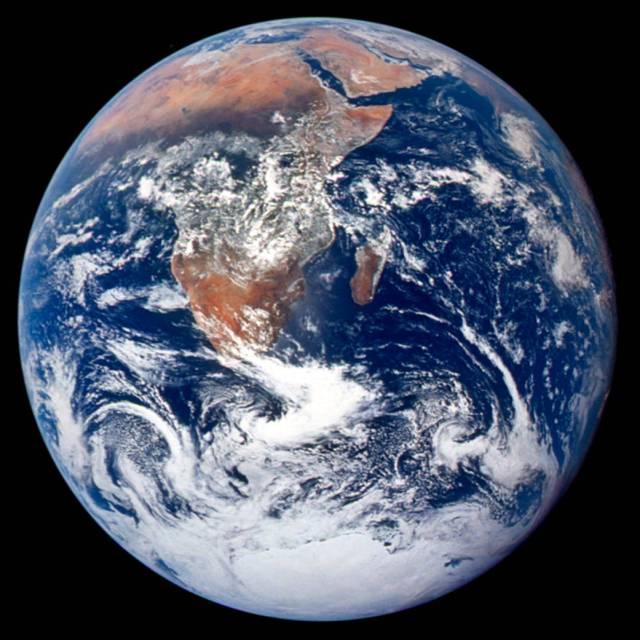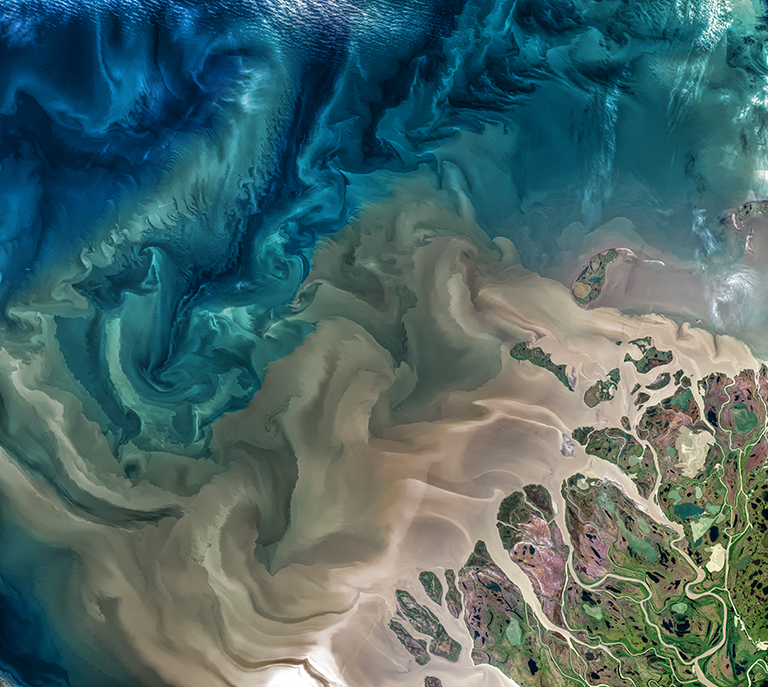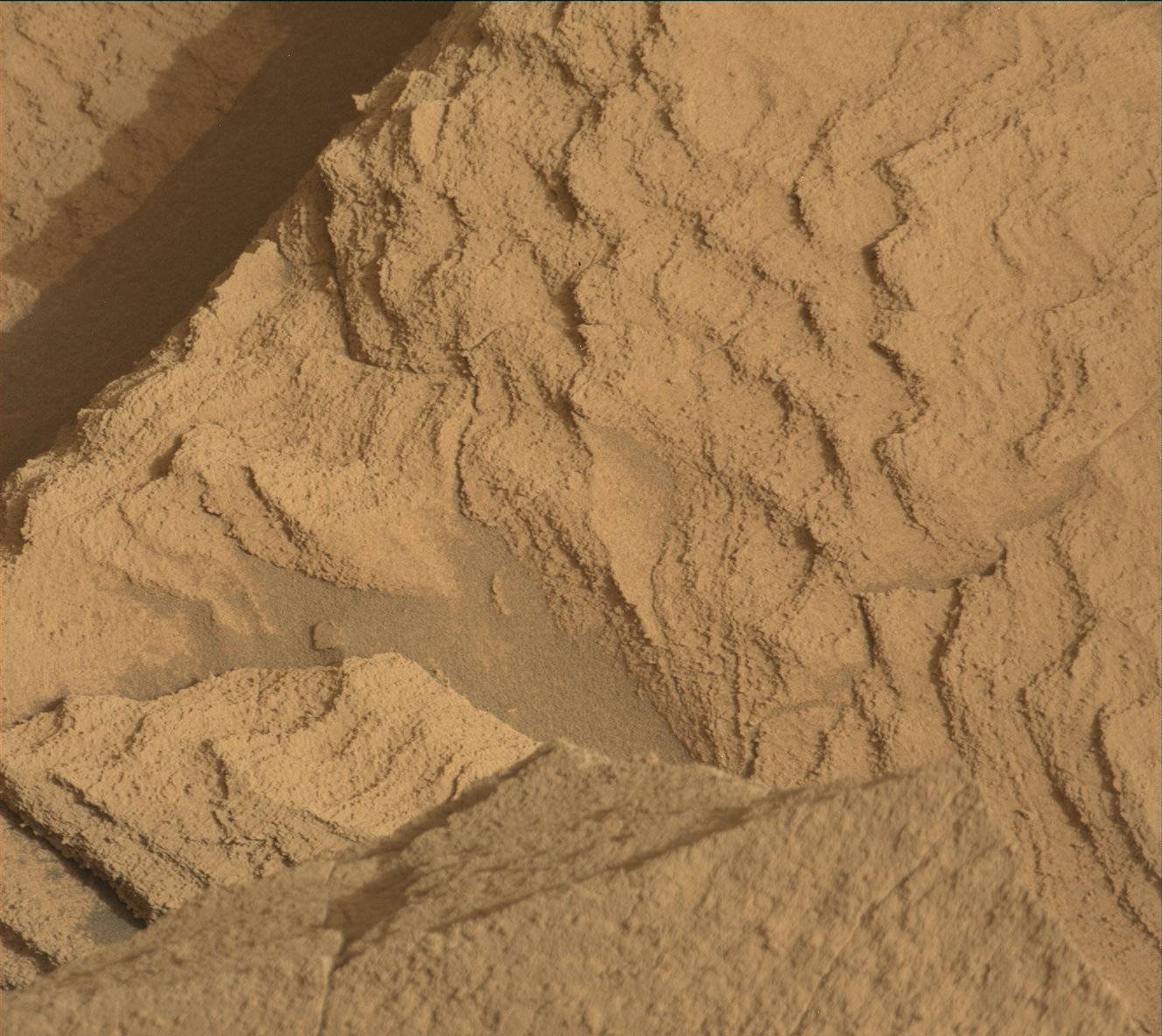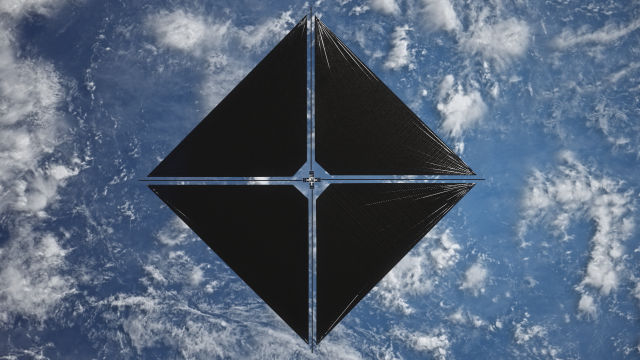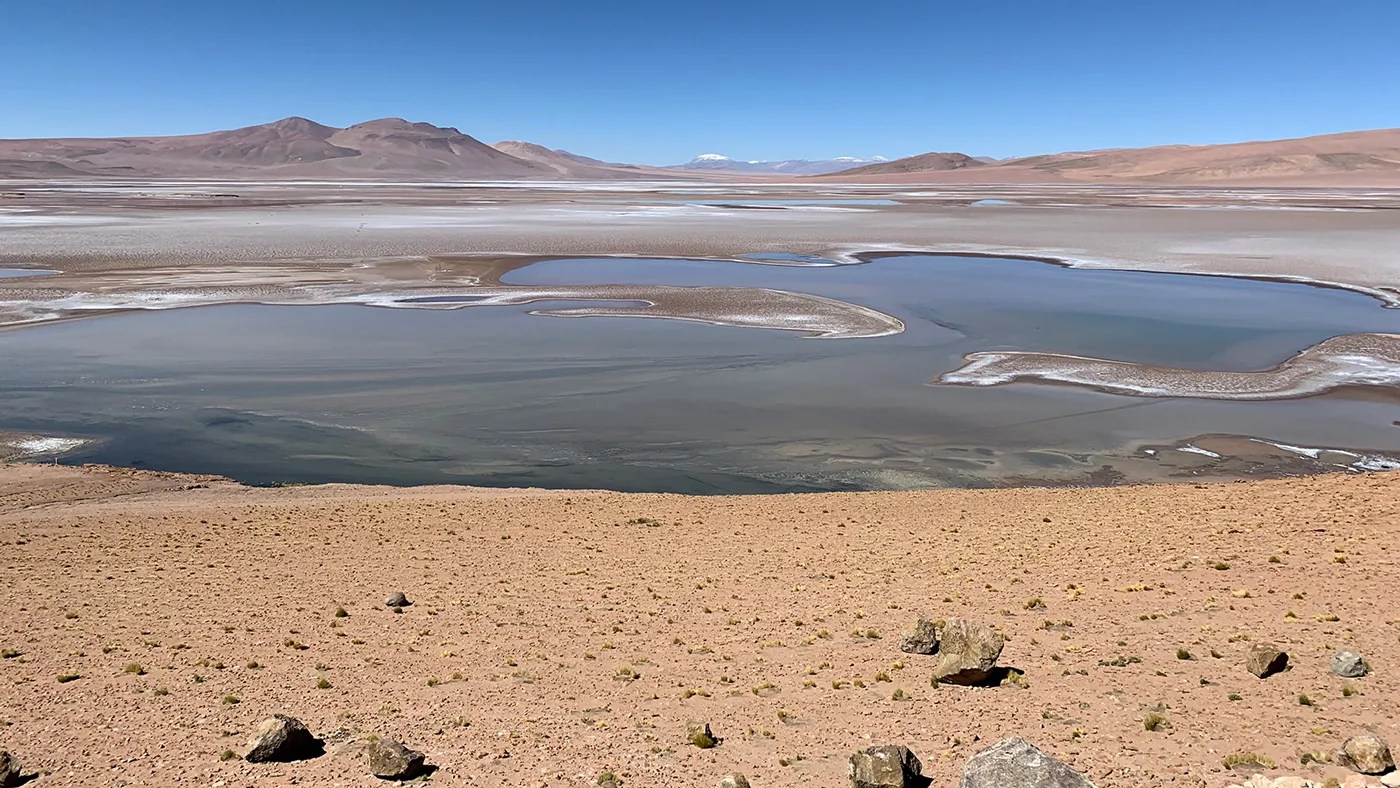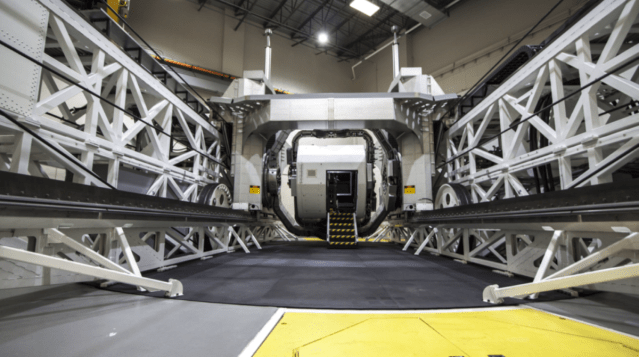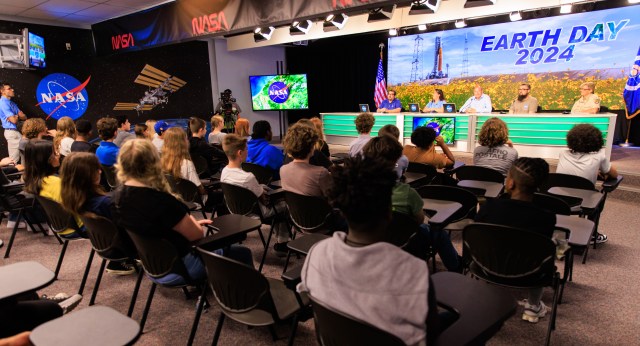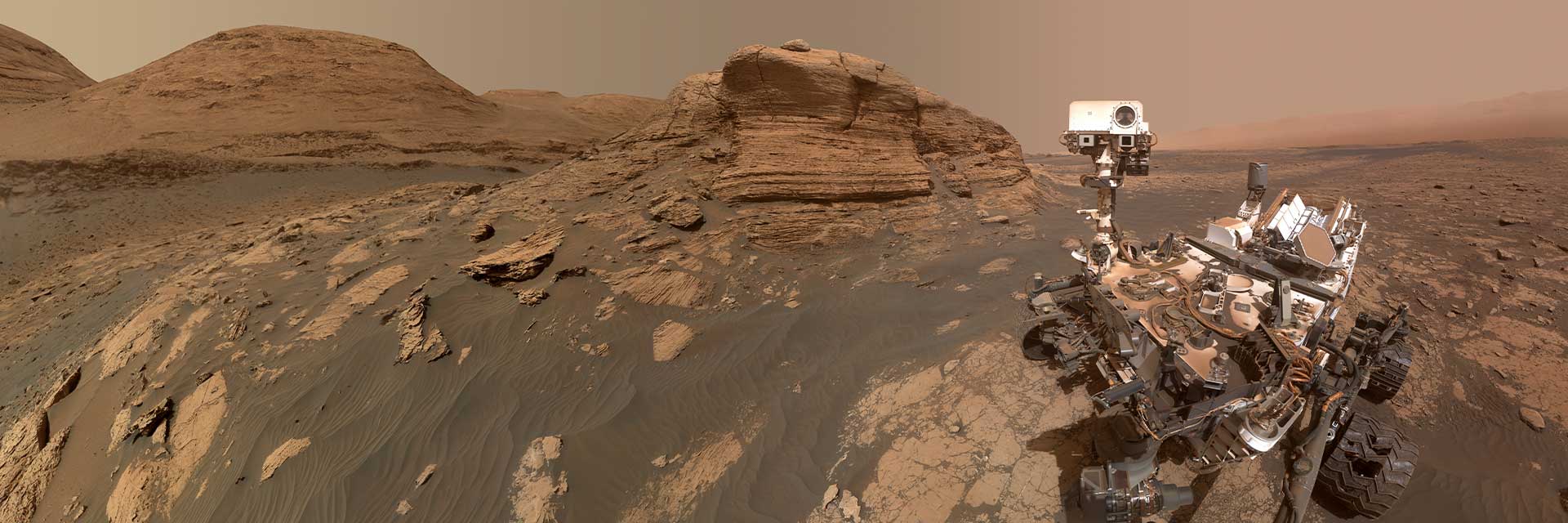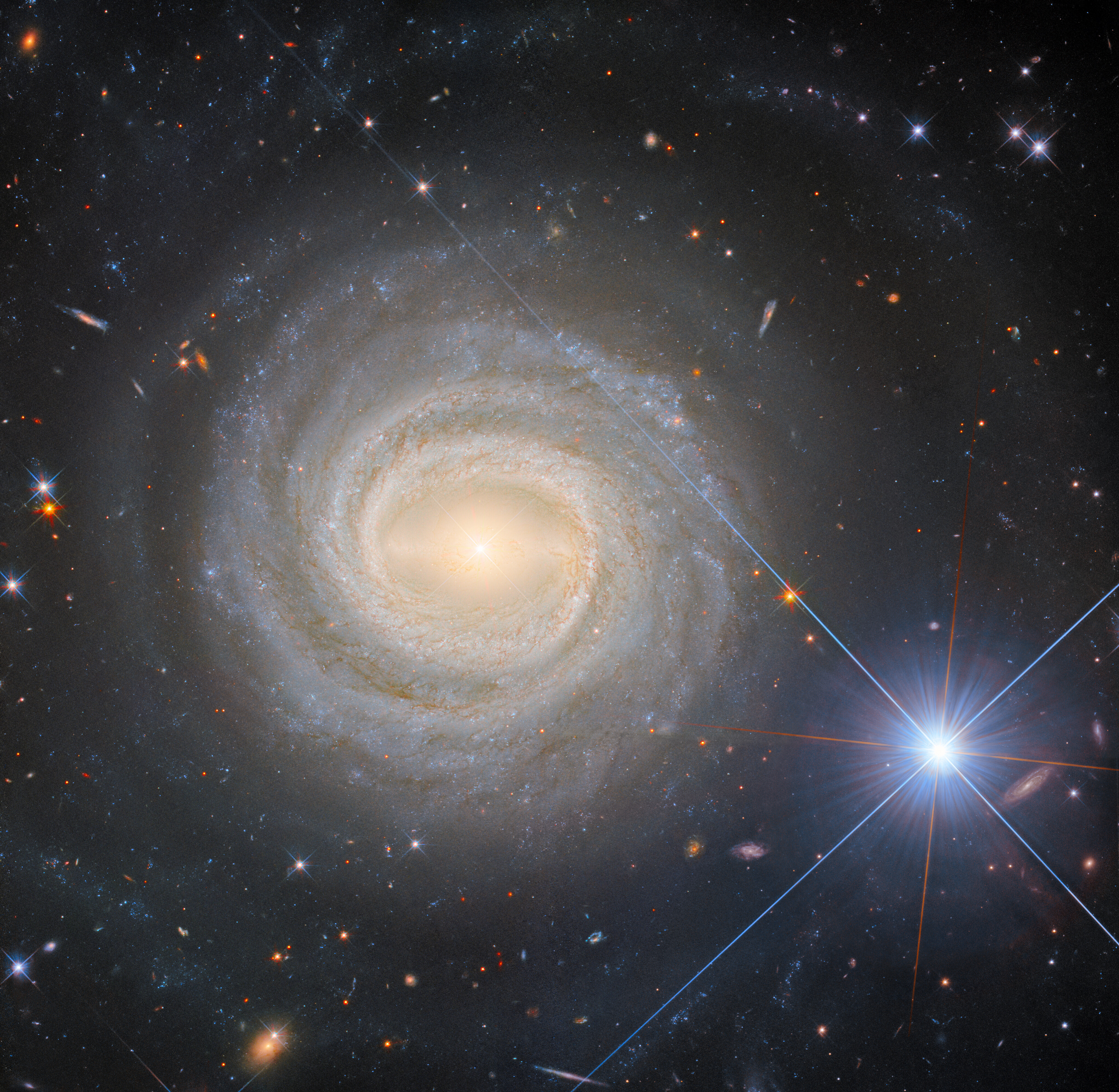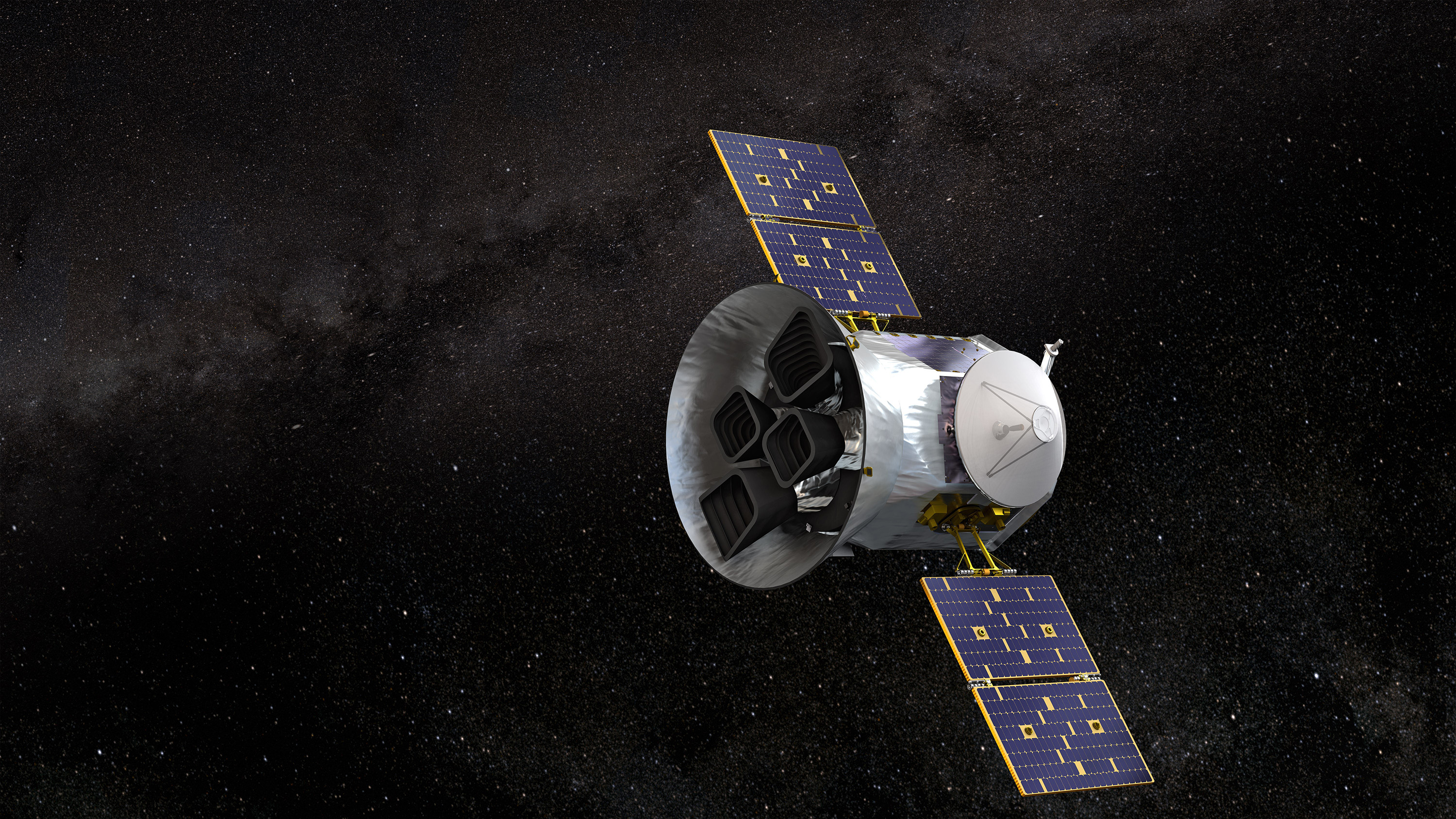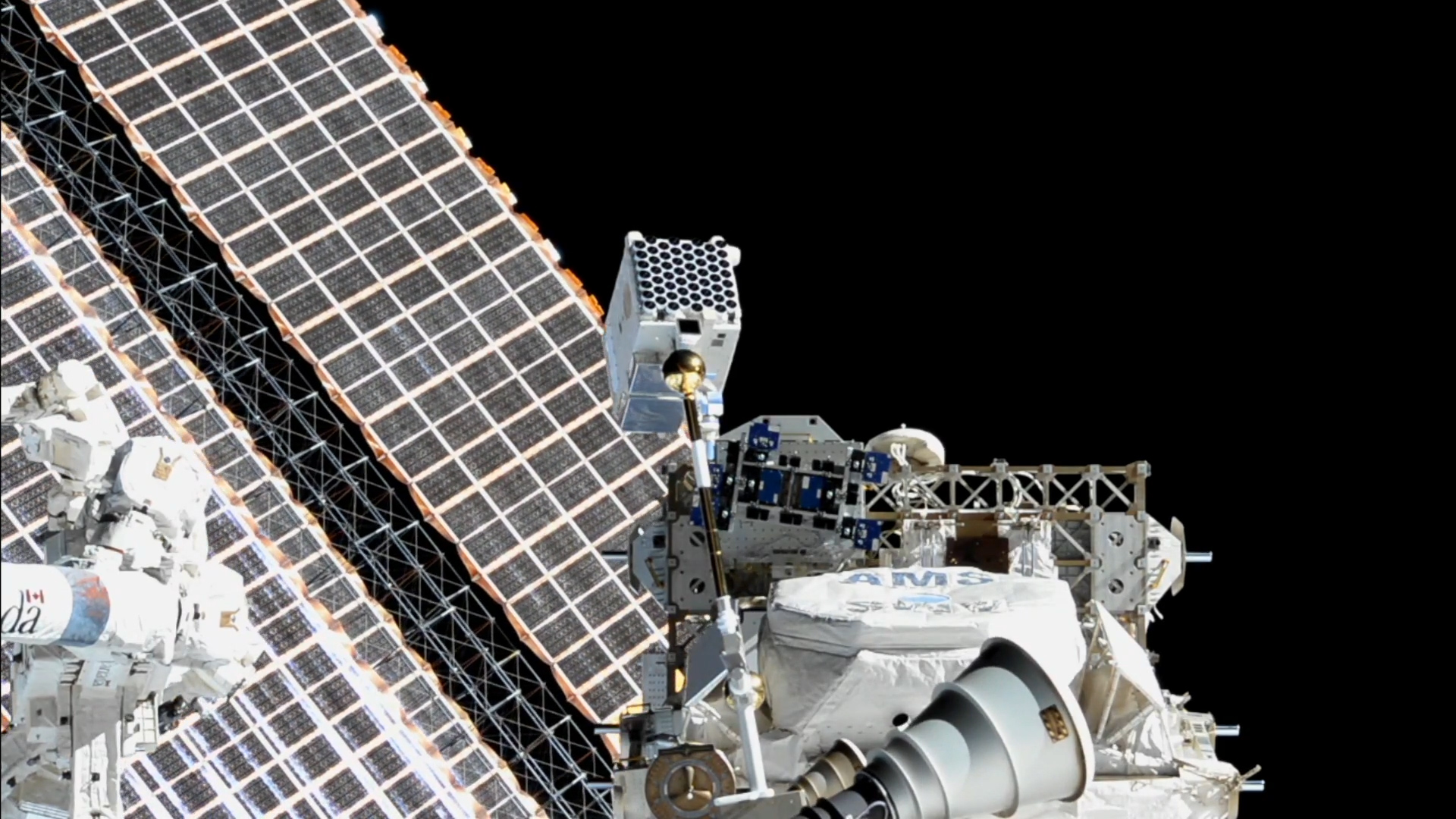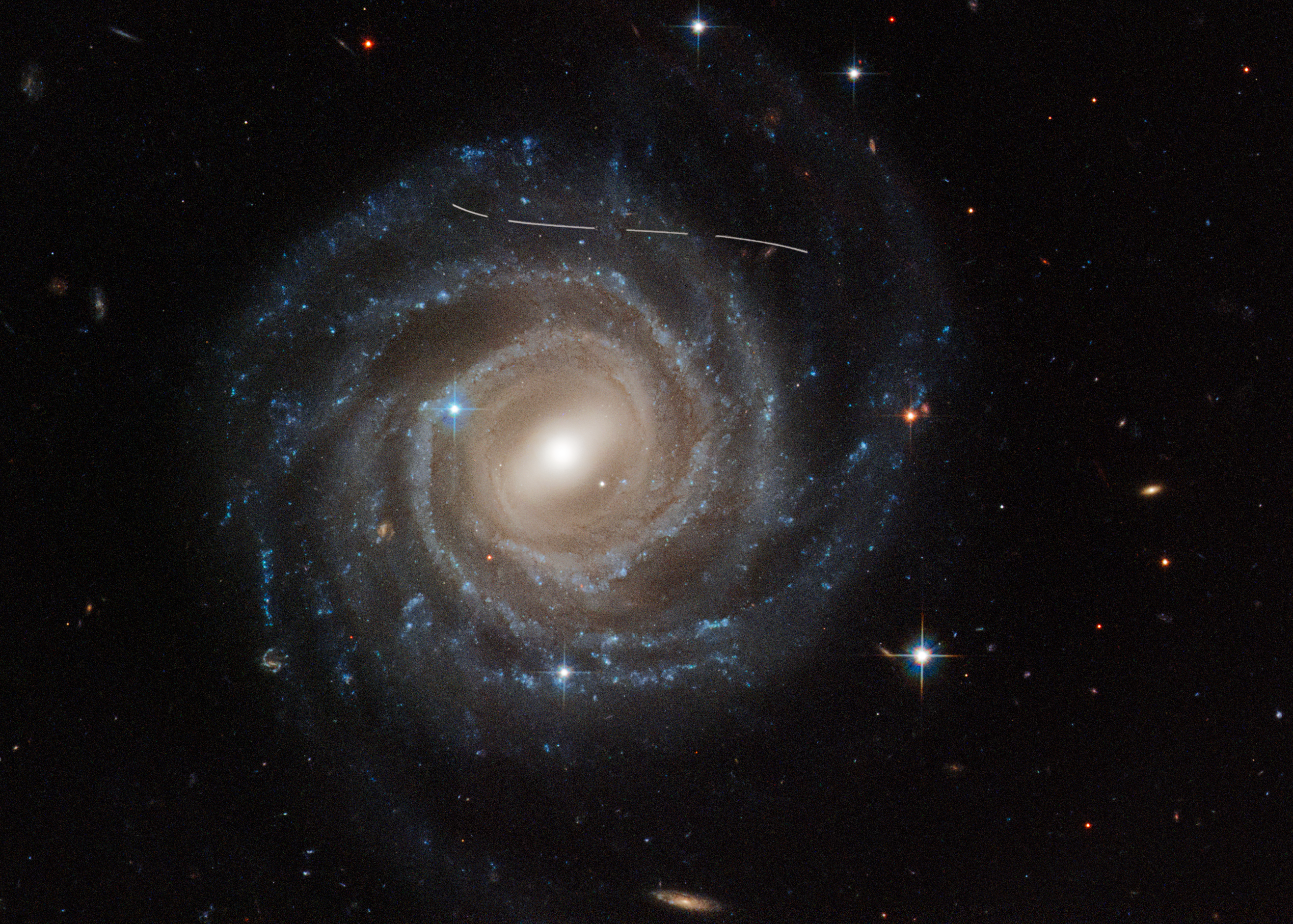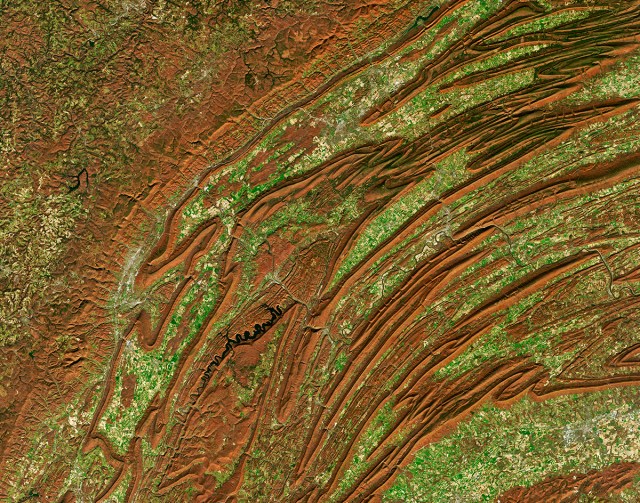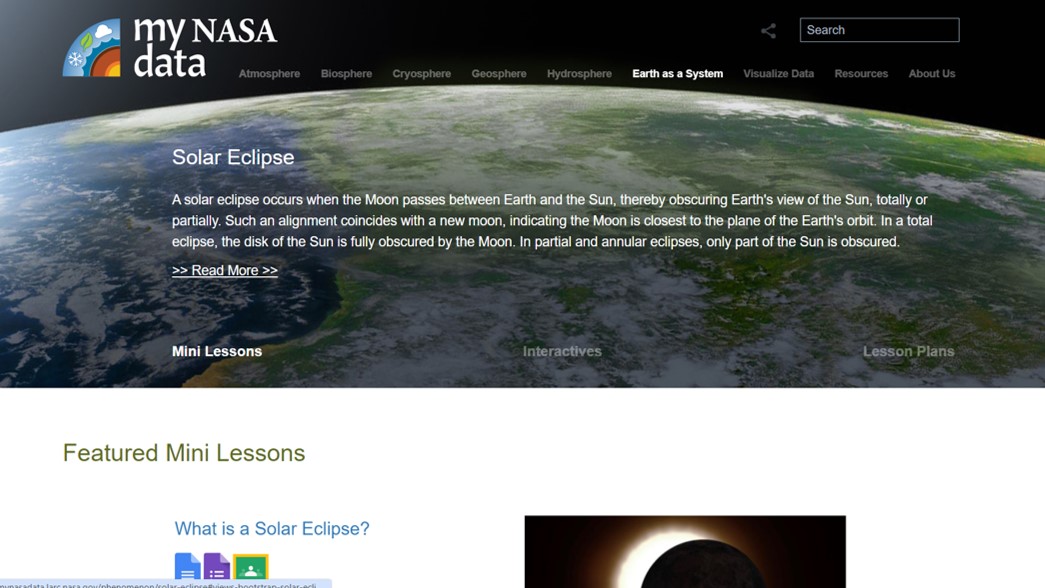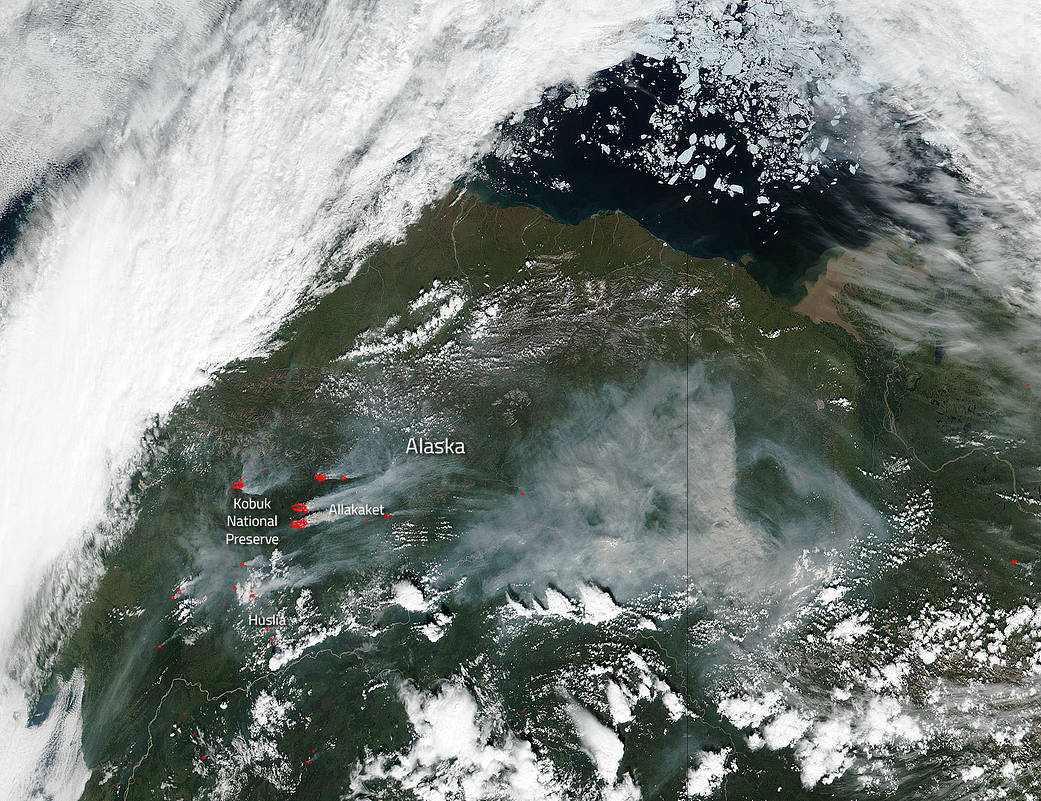The Alaska Wildland Fire Information site reports this about wildfire activity in the state as of July 15, 2016: “For the second day in a row, there were more than 40 new fires in Alaska, most of them burning in a limited protection area in remote parts of the state. Alaska Fire Service (AFS) will launch detection flights throughout much of the zones that make up the upper half of Alaska, looking for new starts from the 18,500 lightning strikes recording yesterday, and sizing up other fires that gained ground due to strong westerly winds. Most of the fires are not near any known areas of values and are being monitored by AFS personnel. However, there were nine staffed fires including three within AFS management zones. The Alaska Interagency Coordination Center will continue to balance the resource needs of fires already burning and the prospect of more fires that may pop up in the upcoming few days.
In addition, smoke drifting to Central this morning is from fires burning more than 100 miles west near Allakaket. The Yukon Flats may also see smoke from fires in the Alatna Complex and burning near Bettles that gained considerable ground due to winds that also pushed the smoke to the east. Possible smoke in the Bettles area may become of concern by tomorrow for aviation that is working on fires nearby and in the Alatna Complex.
A cold front will be moving down from the Northwest Arctic in upcoming days, bringing colder temperatures, but pushing winds in front of it as it heads south. While the cold front will bring cooler temperatures, it will weaken as it moves south. Clouds and higher relative humidity levels will accompany this cold front, but there is expected to be little rain. Instead, there will be wind gusts of 20-30 mph which will fuel fire behavior.”
This image was collected by the NASA’s Suomi NPP satellite collected this natural-color image using the VIIRS (Visible Infrared Imaging Radiometer Suite) instrument on July 15, 2016. Actively burning areas, detected by MODIS’s thermal bands, are outlined in red. NASA image courtesy Jeff Schmaltz LANCE/EOSDIS MODIS Rapid Response Team, GSFC. Caption by Lynn Jenner with information from the Alaska Wildland Fire Information site.

